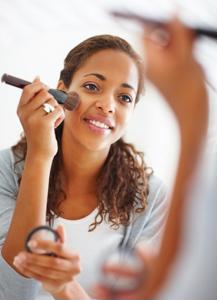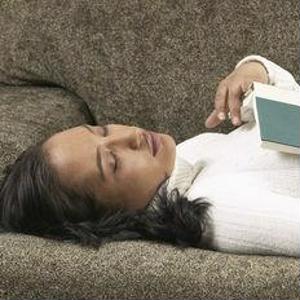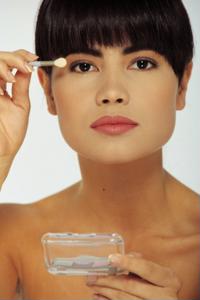
Many foundations and cosmetics offer a limited amount of protection from the sun. This may give some people a false sense of security about their skin's vulnerability under harsh UV rays.
People who apply a moisturizer with SPF under their foundation are doing a good thing for their skin. However, it may not be such a great idea to simply layer an SPF-enriched foundation over a moisturizer, according to an MSN Health article.
Doing this may decrease the efficacy of both skin care products, reported dermatologist Amy Newburger.
"You're probably only getting the coverage of [the foundation's] SPF 20, and it's probably not going to work as well as if you'd put it directly on the skin," said Newburger, quoted by the news source.
The Skin Cancer Foundation reports that it may be best to wear a product that both evens out skin tone and hydrates, like a tinted moisturizer that contains SPF.
Wearing sun protection can do more than keep sunburns and malignant skin conditions at bay, as it may also help erase black skin dark spots.









